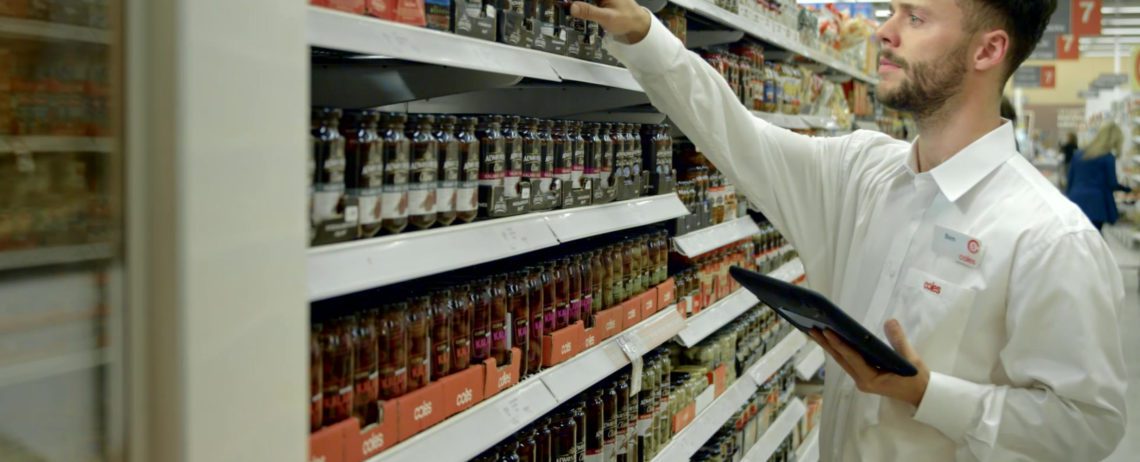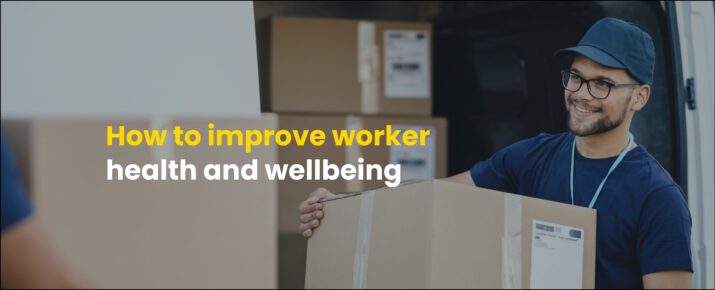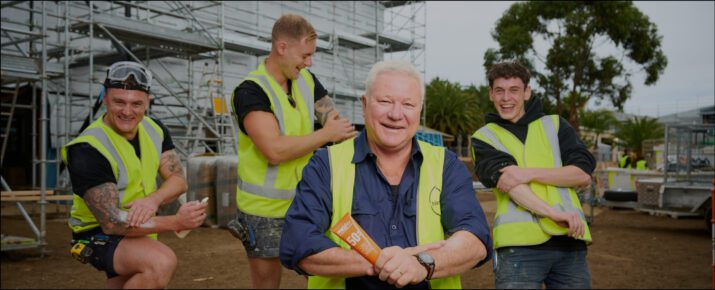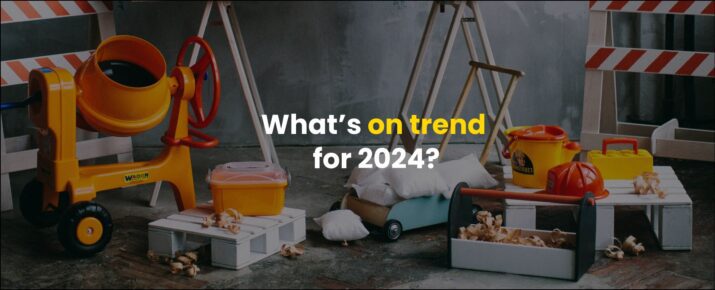Unlocking innovation at the frontline
Industry Trends | By | 23 Dec 2019 | 3 minute read

A 60-page quality checklist, more than seven hundred stores, thousands of hours of data entry, few insights. Coles Operations Manager Simon McBurney and Application Architect Ben Carroll knew there had to be a better way to get stores ready for their annual audit.
They discussed the idea with a local store manager who raised the possibility of moving the audit process online. One app download and a digital checklist was born – along with a fantastic example of the value that lies in unlocking frontline employees’ ideas and initiative.
Built using SafetyCulture’s iAuditor app, the digital checklist designed by McBurney and Carroll transformed the lengthy process that Coles team members carried out to get ready for their formal quality audits. Its success has seen it rolled out at more than 800 stores today, saving Coles team members nationwide countless hours of manual paperwork.
And the impact didn’t end there. When the company’s official team of quality auditors saw how effective and simple the digital self-assessment tool that stores were using was, they chose to make it the backbone of their formal audit process too.
Today, Coles team members undertake their own formal quality assessment every quarter using the digital tool. This has made it easier for the company to more regularly track quality across its operations and meet its ambition of being the most trusted retailer in the country.
This virtuous cycle of improvement all came about because Coles unwittingly accessed a layer of innovation that in most businesses generally lies dormant: frontline workers.
It’s these employees, closest to the customers, who are often best positioned to see and feel opportunities, challenges and risks early. But most remain unheard and at arm’s length – from technology that could empower them and from decision-makers who could benefit from their insights and initiative.
Worse still, it creates a huge blind spot. 40 per cent of Australian frontline employees say they feel disempowered to share ideas at work and only 13 per cent feel connected to their company’s HQ. Yet more than four in five managers say they are empowering their employees to share ideas.
At SafetyCulture, we had a hunch about the untapped power of the frontline worker when we launched iAuditor in 2014. But even we didn’t realise just how true it was. We, as well as our customers, are constantly amazed by the ways in which empowered employees take the initiative to make their work smarter and safer, in the process creating a virtuous circle of feedback, proactivity, innovation and engagement.
The voracious demand from this layer of the workforce is not just changing our customers’ businesses for the better, it’s driving every step of SafetyCulture’s product development.
We’ve received a cascade of suggestions from our own employees and from our users that have helped us evolve from a checklist app focused on data collection, to a company-wide tool that improves not just safety, but quality and process improvement across an organisation using analysis and insights.
- Exactly what characteristics a piece of technology needs to inspire uptake from frontline workers and set off this chain reaction is something we’re continually refining, but our experience and customer feedback so far tell us that the following attributes are key:
- Every worker feels like a pro user straight away. A simple, streamlined design that shows only the required information is key.
- Workers can use the product online and offline, on all device types, making it easy to access and get familiar with the technology in their normal work environment.
- It isn’t necessary to pay to find value. Everyone is invited to use the free version of the product to make sure it’s right for them.
- The paid version is affordable for any organisation. If a team does find value and wants to upgrade, the user cost is usually low enough to avoid the red tape of procurement.
- Anyone can set up and start using the product straight away. IT doesn’t need to be involved in implementation.
- The product doesn’t force a particular use case. It’s adaptable enough for any team, in any industry, to define and help solve their own problems.
The sharing economy released a wave of value and innovation for businesses and individuals by monetising physical assets that lay dormant – homes, cars and more. The next wave lies in extracting the wisdom that’s locked up in organisations by empowering the frontline with technology. This is just the beginning. How can you enable the underserved?
Important Notice
The information contained in this article is general in nature and you should consider whether the information is appropriate to your specific needs. Legal and other matters referred to in this article are based on our interpretation of laws existing at the time and should not be relied on in place of professional advice. We are not responsible for the content of any site owned by a third party that may be linked to this article. SafetyCulture disclaims all liability (except for any liability which by law cannot be excluded) for any error, inaccuracy, or omission from the information contained in this article, any site linked to this article, and any loss or damage suffered by any person directly or indirectly through relying on this information.





